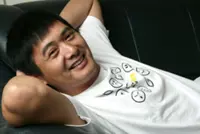It is one of the world’s most prestigious universities, training the top engineers and scientists of the future.
But a recent move by Switzerland’s ETH Zurich (Federal Institute of Technology Zurich) to restrict admission of students from countries including China has been heavily criticised, with one Chinese scientist who spent years working in the country labelling the act “discriminatory”.





